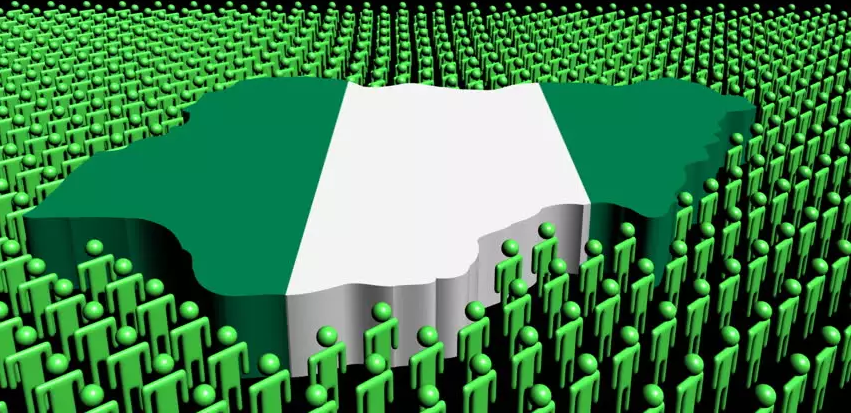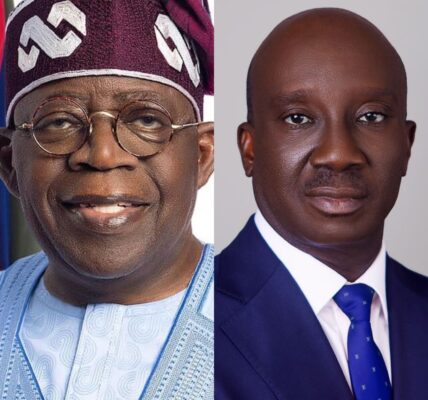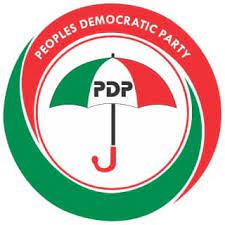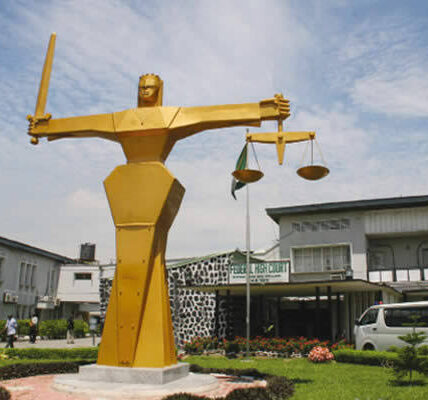By Eben Enasco
Nigeria’s electoral system is plagued by a recurring issue, including political parties collapsing their structures to join stronger parties, often for financial gain.
This phenomenon undermines the democratic process and betrays the trust of party members.
Globally, there are three types of party systems: One-Party System, Two-Party System, and Multi-Party System. In a one-party system, there’s no competition, and voters have limited choices.
Two-party systems, like those in Canada and Great Britain, feature two dominant parties.
Multi-party systems, where three or more parties can gain control, promote healthy competition and representation.
It gives people a choice to make a more evolved and effective decision which drives the other political parties to get better than their competitors to win elections and rule the nation, which is the basic backdrop of political parties.
In Nigeria, many parties abandon their objectives to join stronger parties, prioritizing financial gain over challenging the ruling government.
They collapse the party structure, leaving members in the dark.
Lately, the only reason they participate in elections is to set up a template where they can negotiate and collect huge funds from stronger political parties and abandon their objectives. It has become a conduit pipe for siphoning monies.
Most political parties in Nigeria are in elections to line their pockets not for the purpose of creating a formidable force to challenge a seating government.
Once money exchanges hands, they become rich overnight and their members who have faith in them to advance the objectives of the party are left behind to wallow in ignorance.
Unknowingly, they have become part of the societal issues through their actions after mortgaging the interests of their parties for a pot of portage. They are worse than a seating government stealing the communion of the common partrimony.
But this group does not
exist in isolation in society, it exists alongside friendly and hostile social force
Unarguably, the fraud in the electoral system is perpetually stirred through their fraudulent actions.
The Independent National Electoral Commission, INEC, lacks autonomy and professionalism, contributing to ineffective administration and discredited outcomes.
Electoral fraud sabotages the will of the electorate, undermining democratic stability and development.
To consolidate democracy in Nigeria, electoral processes must be reformed to address collapsing party structures and ensure INEC’s independence.
Looking at a political party, it represents a social group, mobilizing voters to support common interests and goals.
Parties should fix the political agenda and policies, persuading people with better policies, not collapsing structures for personal gain.
For sustainable democracy and good governance, Nigeria must address electoral fraud and party structure collapse.
INEC and related agencies must be truly independent to discharge their responsibilities effectively.
By understanding the importance of genuine party representation, Nigerians can demand more from their leaders and work towards a more sustainable democracy.





